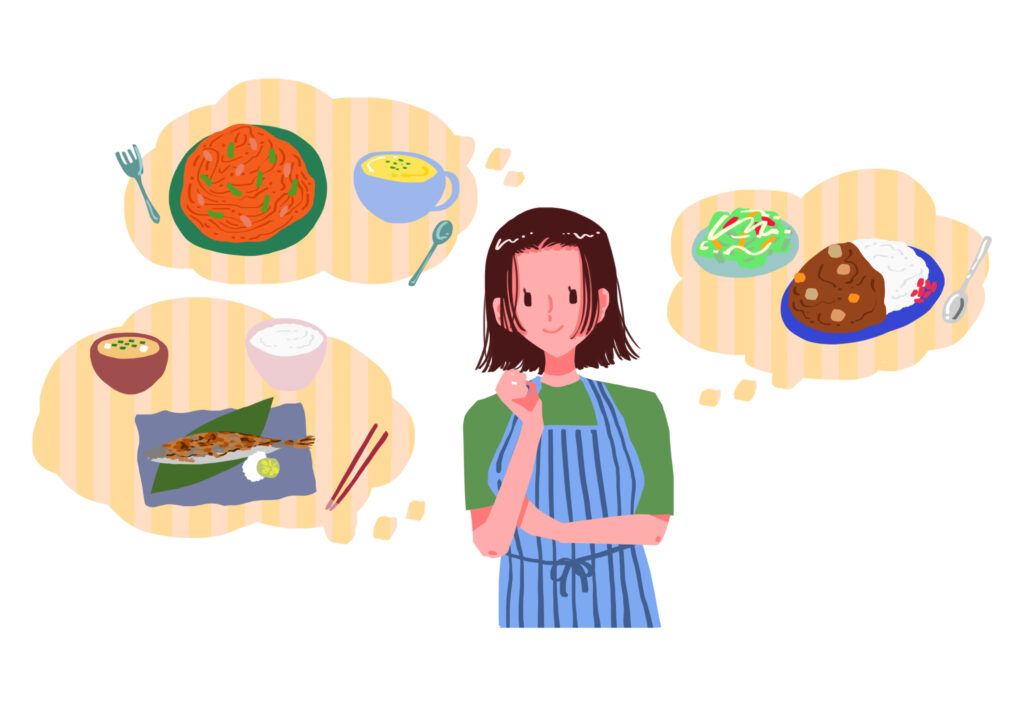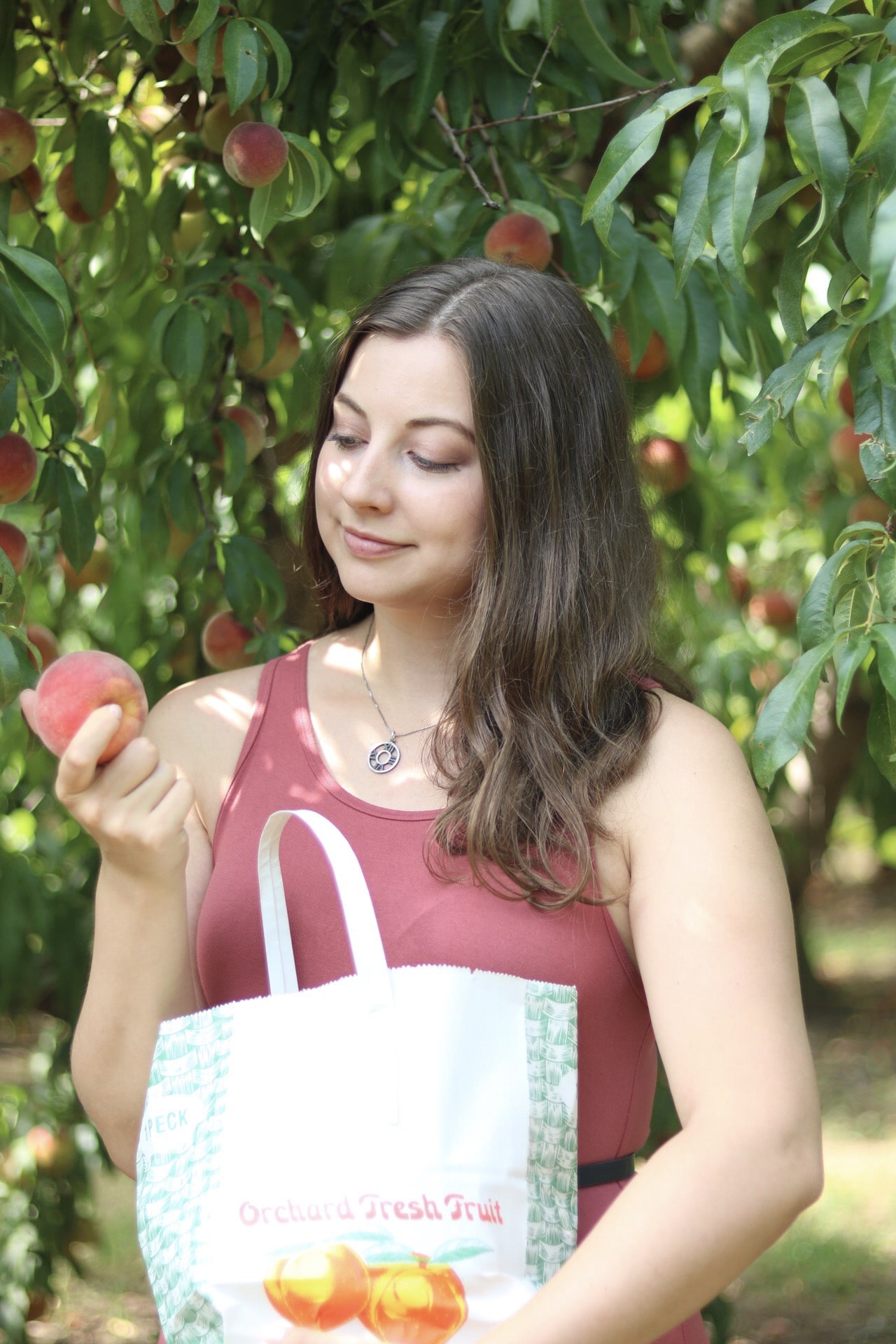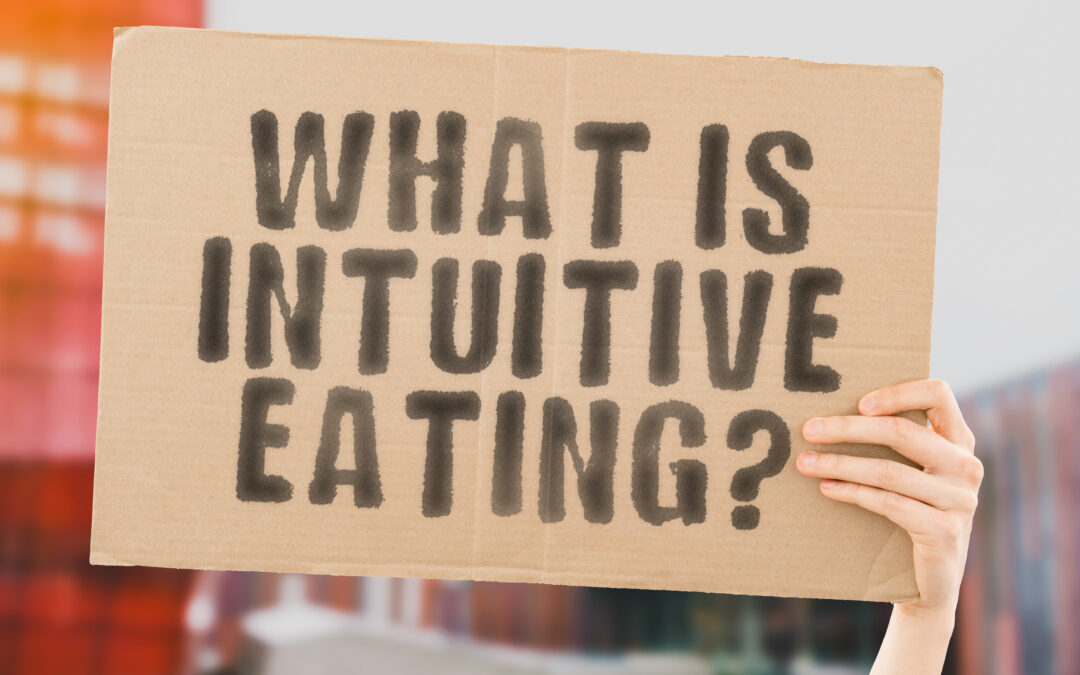Do you find yourself constantly thinking about food? Well, you might be surprised to hear that you’re not alone. Many people experience this, especially in the context of dieting, not eating enough, or restricting certain types of food. This experience is a facet of food preoccupation. Food preoccupation involves constant thoughts and anxiety about food choices, meal planning, and can often lead to restrictive or compulsive eating behaviors.
Here at Confidently Nourished, we understand the complexity and emotions surrounding some of these thoughts. We’re here to support you in tuning down some of that food noise.

In this blog post, we’ll explore:
Why Food Preoccupation Happens
Thinking about food all the time can be exhausting and frustrating. There are several reasons why this might happen:
- Dieting: When you’re on a diet, you often think about what you can and cannot eat. This focus on restriction can lead to increased thoughts about food.
- Not Eating Enough: If you’re not eating enough to meet your body’s needs, your brain will signal hunger, causing you to think about food more frequently. Consider this – our bodies can’t use words to speak to us. Instead, it uses other systems in our body to let us know we are hungry – this includes our brain and thoughts!
- Restricting Certain Foods: Labeling certain foods as “bad” or off-limits can make them more appealing and lead to an obsession with these “forbidden” items.
The Role of Dieting and Restriction
Living in a culture focused on thinness often promotes restriction and control, which can have the opposite effect, leading to an obsession with food. Here’s why:
- Scarcity Mindset: When you restrict certain foods, your body and mind enter a scarcity mindset, intensifying cravings and preoccupation with those foods.
- Biological Response: Your body’s natural response to not getting enough food is to increase hunger signals, leading to more thoughts about food as it tries to ensure you eat enough to survive. Your body doesn’t know you are choosing to eat less or restrict certain foods. Your body is actually trying to protect and nourish itself by encouraging you to eat! Interesting in reading the research on why you can’t stop thinking about food? Check out this article.
- Psychological Impact: Restricting food can lead to feelings of deprivation, making you think about food even more.

3 Tips to Reduce Food Preoccupation
By using principles of intuitive eating, you can start to reduce food preoccupation and develop a healthier relationship with food:
- Honor Your Hunger
- Pay attention to your hunger cues and eat when you’re hungry. Ignoring hunger can lead to increased thoughts about food and eventual overeating.
- Aim to eat regular, balanced meals and snacks throughout the day to keep your body nourished and prevent excessive hunger and thoughts.
- Make Peace with Food
- Give yourself unconditional permission to eat all types of foods. When no food is off-limits, the desire to overeat those foods diminishes. This means less time spent thinking about food.
- Challenge the Food Police
- Challenge thoughts that label foods as “good” or “bad.” Understand that all foods can fit into a balanced diet. Remind yourself that eating is a natural and necessary part of life.

How Our Team Can Support You
Do those tips feel easier said than done? Don’t worry. At Confidently Nourished, our team of dietitians specializes in providing support with all that and more. We know that overcoming food preoccupation can be challenging, but you don’t have to do it alone. Here’s how we can help:
- Personalized Support: We offer one-on-one nutrition therapy sessions tailored to your unique needs and goals.
- Compassionate Guidance: Our dietitians provide a safe, non-judgmental space to explore and address your relationship with food.
- Practical Tools: We equip you with practical tools and strategies to honor your hunger, make peace with food, and challenge the learned rules and restrictions you may have.
If you’re tired of constantly thinking about food and want to develop a healthier relationship with eating, we’re here to help. Contact us today to schedule a session and start your journey towards food freedom and body acceptance.
By embracing intuitive eating and seeking support, you can reduce the food noise and bring the focus back to what brings you joy in life.






0 Comments